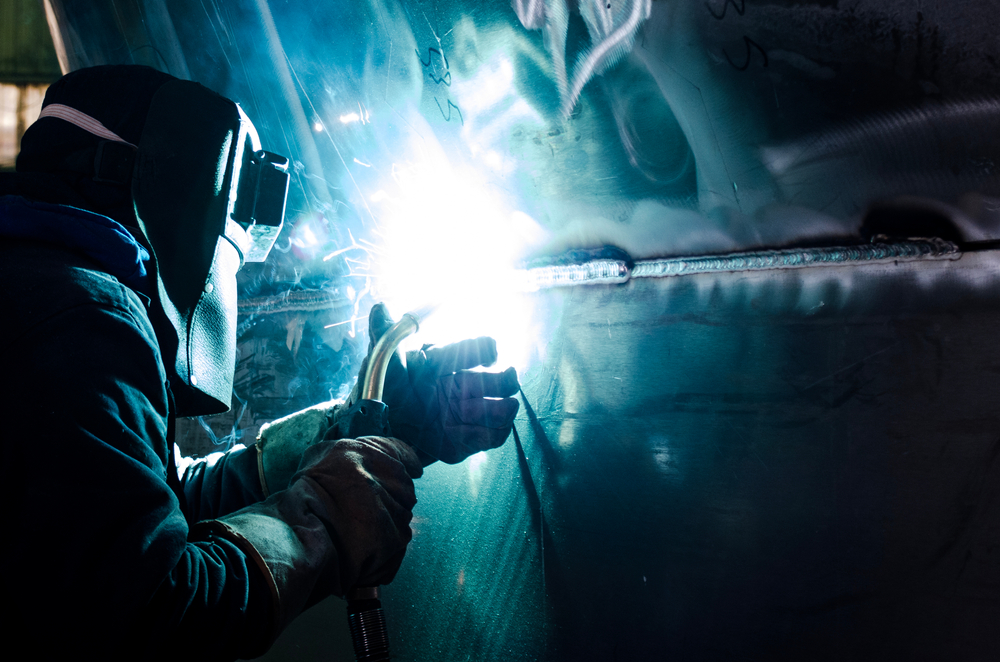Aluminum demand expected to rise 80% by 2050

Alcoa (ASX: AAI) has highlighted how the energy transition is driving global aluminum demand in a new white paper published with Eurasia Group.
The paper, Competitiveness and Green Transition in the Aluminum Industry: Finding Synergies or Facing Trade-Offs, examines the intersection of economic competitiveness and the global green energy transition and highlights rising aluminum demand across technologies, such as solar panels and wind turbines, and the transmission projects that support them.
The paper also highlights the industry’s work to reduce its carbon footprint, as a critical player in the global energy transition.
Key insights from the paper include:
- Balancing competitiveness and decarbonisation: Global industry leaders including Alcoa, are pursuing bold climate ambitions while facing challenges such as high energy costs, supply chain disruptions and shifting policy landscapes.
- Trade and policy dynamics: Implementation of major green policies — including the European Union (EU)’s Carbon Border Adjustment Mechanism (CBAM) — are expected to reshape trade flows and supply chain decisions, creating both risks and opportunities for aluminium producers.
- Strategic recommendations: The white paper emphasises circular economy initiatives, deeper supply chain traceability, digital innovation and region-specific strategies as pathways to capture value in the energy transition.
According to the paper, global investment in the energy transition reached a record $2.1t in 2024, with aluminum demand projected to increase 40% by 2030 and 80% by 2050 compared to 2020.
The report outlines how investments in circularity, low-carbon technologies and supply chain traceability can help aluminum producers remain competitive in a rapidly changing global marketplace.
Alcoa’s executive vice president and chief external affairs officer Nicol Gagstetter says Aluminum is essential to the world’s low-carbon energy transition, and at the same time has opportunities to improve our own carbon footprint.
“This white paper offers a perspective on how the aluminum industry can improve its competitiveness relative to other industries while also addressing the requirements of decarbonisation,” she said.
“Alcoa is pleased to play a part in furthering the industry’s conversation regarding competitiveness and the green transition while also providing the products and technologies necessary to achieve these aspirations.
“By sharing this analysis, Alcoa aims to spark dialogue and collaboration across stakeholders including industry, government and civil society to enable aluminum to continue to be part of the solution to one of the world’s biggest challenges.”






















